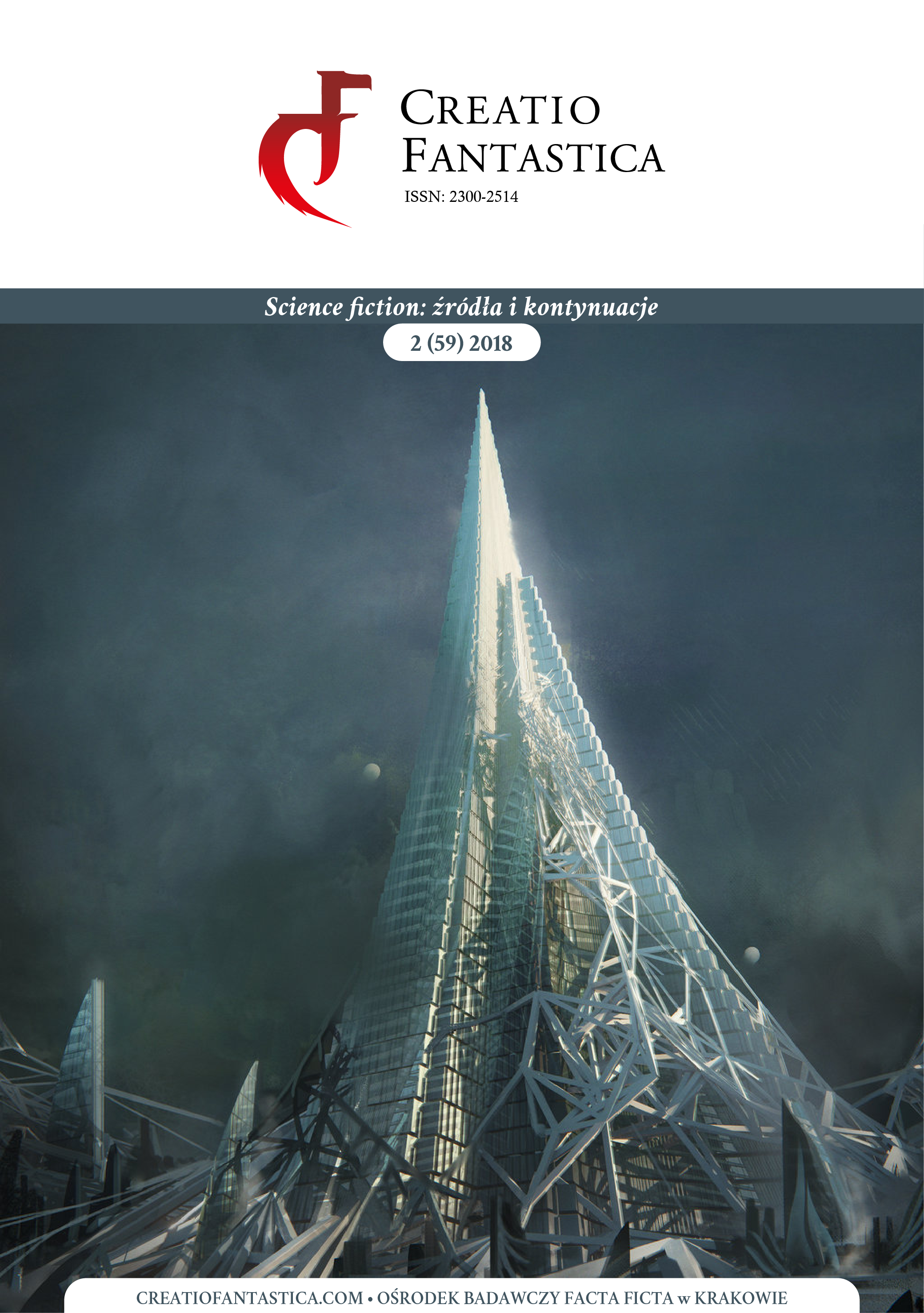Redukcja rzeczywistości u Ursuli le Guin. O narodzinach narracji utopijnej
World Reduction in Le Guin. The Emergence of Utopian Narrative
Author(s): Fredric JamesonContributor(s): Krzysztof M. Maj (Translator)
Subject(s): Studies of Literature, Social Philosophy, Sociology, Sociology of Art
Published by: Ośrodek Badawczy Facta Ficta
Keywords: Ursula le Guin; utopia; sex; sexuality; ambisexuality; biopolitics; capitalism
Summary/Abstract: A part of the fascination of Left Hand of Darkness—as well as the ambiguity of its ultimate message—derives from the reductive and subterranean drive within it toward a utopian „rest,” toward some ultimate „no-place” of a collectivity untormented by sex or history. The attempt, in the portrayal of feudal Karhide, to imagine something like a West that has never known capitalism is of a piece, structurally and in spirit, with Le Guin’s attempt, in the portrayal of the ambisexuality of the Gethenians, to imagine biology without desire. Le Guin’s underlying identification between sex as a well-nigh gratuitous complication of existence and capitalism as a disease of change and meaningless evolutionary momentum is powerfully conveyed by the technique of world-reduction: in world reduction, omission functions as utopian exclusion. Karhide is not, of course, a utopia, but it is now clear that The Left Hand of Darkness served as a proving ground for The Dispossessed. The Odonian civilization of barren Annares becomes the most through-going application of the world reduction technique at the same time that it constitutes a timely rebuke to present attempts to parlay American abundance and consumerism into some ultimate vision of the „great society”.
Journal: Creatio Fantastica
- Issue Year: 59/2018
- Issue No: 2
- Page Range: 25-38
- Page Count: 14
- Language: Polish

